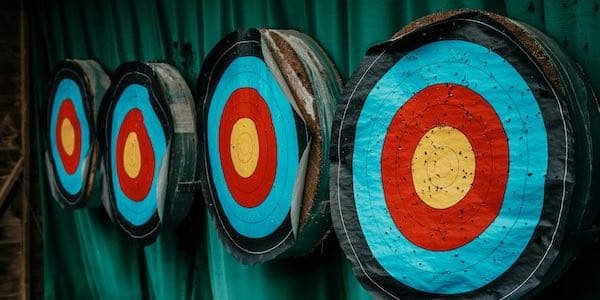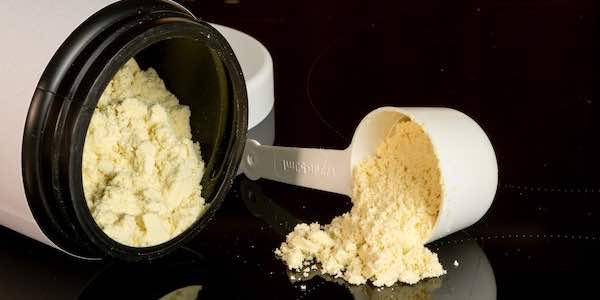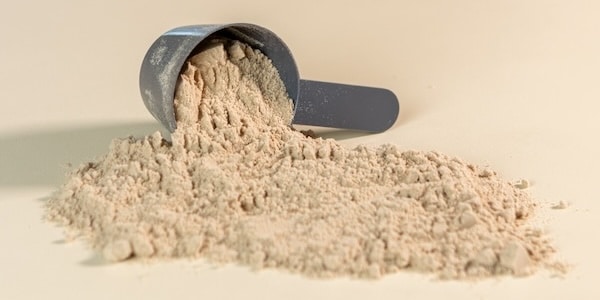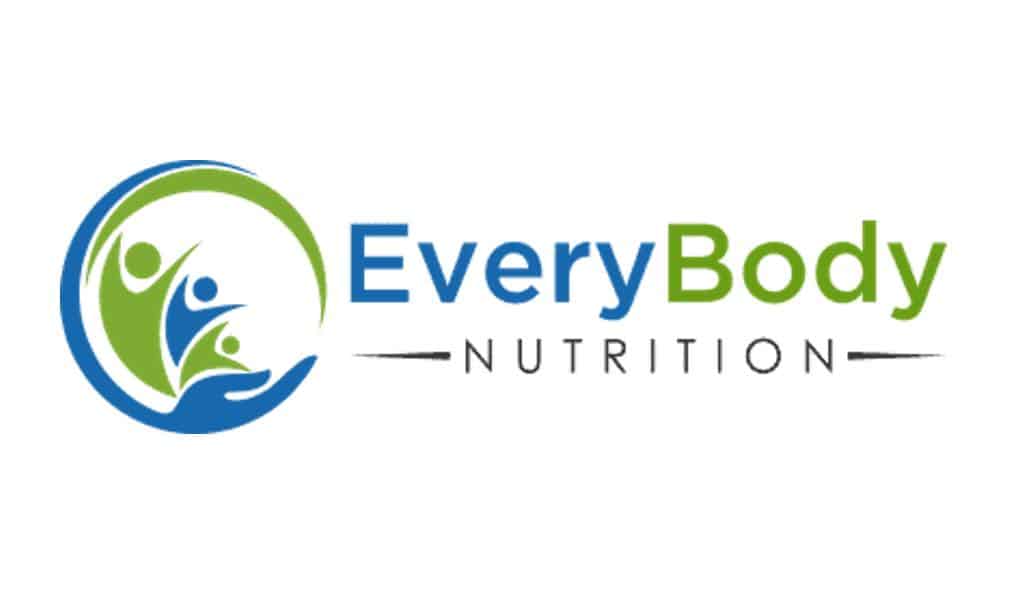How many of you have tried this diet, that diet, and nothing seems to work? I think we all have personally witnessed either ourselves or a loved one struggle with weight or body issues. These five tools are a must have to get in better physical/mental shape.
1. Get mentally ready
You have to have your mind right before you embark on a successful fitness journey. There will be highs and lows in any program but you must be “Mentally Ready” to stick to the task at hand. If you are not in a good place mentally, you are setting yourself up for possible failure.
2. Make a checklist
Write down a list of all the foods you eat. Then, circle the foods that you know you shouldn’t be eating or eating too much of. If the circled items are more than 25% of your total, you need an overhaul. If the total is less than 25%, chances are you need to limit the amount of those foods you eat weekly and watch the results.
3. Find the “Why”
Why are you embarking on this journey, what is the change that must be made? Write this down and post in several places, (bathroom, car, office,etc..) – Constant reminders of the “Why” will keep you stronger and more than likely to stick to your program.
4. Set a deadline
How long are you willing to give yourself to achieve your goal? Make several short-term goals as it is much easier to stick to a plan with a 2-3 week check-in rather than 16 weeks from now.
5. Find a plan to follow
A goal without a plan is a wish – Research the latest diet programs or reach out to a professional who can give you the direction you may need to find the plan that is right for you.
Frequently Asked Questions (FAQs)
I’ve tried so many diets without success. Will these tools help?
Yes! These tools focus on mindset and planning, which are crucial for long-term success. Diets often fail because they’re restrictive and lack long-term strategies.
I feel overwhelmed by the idea of getting fit. How can I get mentally prepared?
Acknowledge that challenges are normal. Focus on why you want to get fit and visualize your goals. Writing down your motivations can be a powerful tool.
What if I’m not sure where to start with my eating habits?
Keeping a food journal (Step #2) helps identify areas for improvement. Be honest with yourself, but don’t shame yourself. Aim for progress, not perfection.
Finding my “why” sounds helpful. What kind of goals should I set?
Start with SMART goals: Specific, Measurable, Achievable, Relevant, and Time-bound. These will help you track progress and stay motivated. Short-term goals (2-3 weeks) are a great way to build momentum.
Do I need a specific diet plan?
Not necessarily. These tools encourage finding a plan that fits your lifestyle. Research different approaches or consult a professional for personalized guidance.







